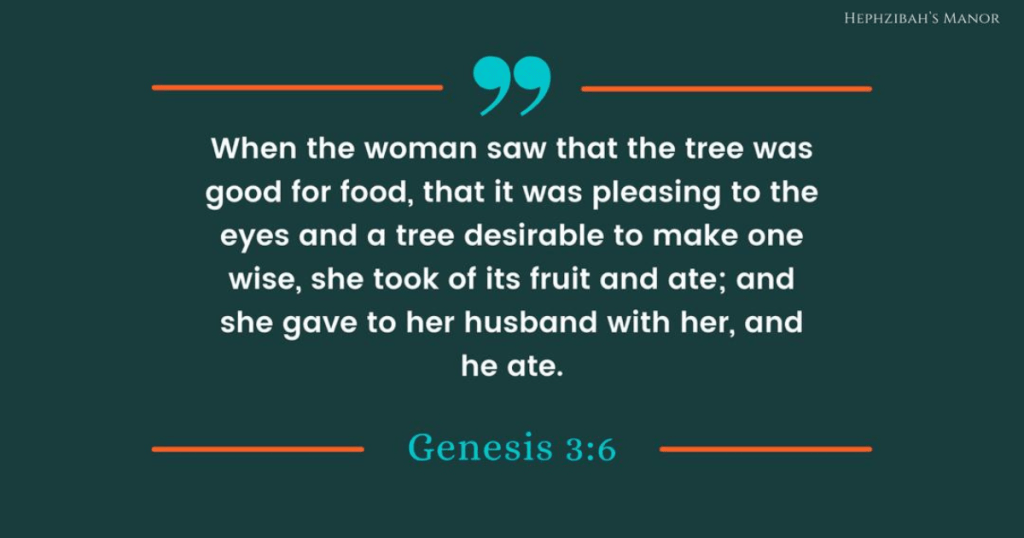We ended the last reflection thinking about what could have been if Isaac and Rebekah had chosen unity instead of division. If both parents had loved both sons, intentionally and without partiality. We imagined what their family might have become if love had been whole and not halved.
But what happens when two can’t be one?
For many people, unity feels like a distant dream. In many families, one parent is doing the heavy lifting, and the other is absent, uninvolved, or simply not there at all.
This post is for that reality.
For the parent trying to show up fully.
For the parent still praying their spouse would join them in heart and action.
For the one doing this alone.
There is wisdom for homes with two parents, and there is grace for homes with one.
And sometimes, there is healing waiting for the gap in between.
When Two Are One: Building Unity in Two-Parent Homes
Unity in parenting doesn’t mean perfection. It means shared vision, mutual respect, and a commitment to work together even when it’s hard. Sometimes, one parent starts the race of intentionality, and the other lags behind. But rather than grow resentful or discouraged, here are some practical ways to pursue oneness:
Talk Intentionally About Your Parenting Goals and Parenting Values
Don’t just assume agreement because you both love your kids.
Create time to really talk about how you both see love, discipline, forgiveness, boundaries, and correction. Unity starts in conversations. Where there’s disagreement, talk and pray through it instead of brushing it aside.
Amos 3:3 says “Can two walk together, except they be agreed?”
Present a United Front
Even if you disagree in private, never contradict or undermine each other in front of the children. When one parent makes a call, the other should support it in public. Corrections can happen privately so that your children learn order and security.
Split Roles, Not Love, and Encourage Each Other’s Strengths
It’s okay for one parent to naturally be more playful and the other more calm or reserved, but that shouldn’t discourage you. Both parents should still participate in nurturing, discipline, spiritual guidance, and fun. Shared presence matters.
Ecclesiastes 4:9–10 says “Two are better than one, because they have a good return for their labor: If either of them falls down, one can help the other up.”
Encourage One Another’s Relationship with Each Child
Don’t let jealousy creep in if your child runs to one parent more. Instead, encourage and create opportunities for the quieter bond to grow. For example, “Hey, go talk to your dad about that. He’d love to hear.”
Pray Together For Your Children
Even a few minutes of prayer together makes a world of difference in setting the tone for the spiritual atmosphere of your home and for your children. Pray specifically for each child together.
Matthew 18:19–20 says “Again, truly I tell you that if two of you on earth agree about anything they ask for, it will be done for them by my Father in heaven. For where two or three gather in my name, there am I with them.”
Heal From Your Own Parenting Traumas
Sometimes disunity stems from two different experiences of being parented. One person wants to repeat what they saw, the other wants to undo it. Healing and awareness paves the way for agreement.
Don’t Use Children to Meet Your Emotional Needs
When one parent feels disconnected from the other, it’s tempting to pour emotionally into a child as compensation. This creates uneven bonds and only worsens things. Prioritize the marriage so that parenting isn’t carrying the emotional weight of the relationship. Besides, what happens when your children are all grown and have to leave the home?
When One Must Do the Work of Two: Filling the Gaps With Grace
You might be wondering, “How do I fill the gap when it’s just me?”
While God’s ideal is for unity between two present parents, His grace is never limited by circumstances. If one parent is absent; by choice, distance, or death, God can raise others to stand in the gap. A grandparent, an uncle, a trusted mentor, a godly friend. Sometimes, it’s a community that rallies round a child and becomes the extension of the love they long for.
Psalm 68:5–6 shows us that God is “A father to the fatherless, a defender of widows, is God in his holy dwelling. God sets the lonely in families…”
So don’t despise your situation or circumstances, ask God for the right people. Let your children be surrounded by godly voices and safe, steady love.
Your home can still be whole. It can still be filled with love, truth, and godly wisdom, even if you’re parenting solo.
Learn From Timothy’s Story
In Scripture, we meet young Timothy, Paul’s trusted son in the faith. His father isn’t really mentioned, but we hear clearly about the sincere faith of his mother, Eunice, and his grandmother, Lois which was passed on to him.
They were his village. And it worked.
(2 Timothy 1:5, see also 2 Timothy 3:14-15)
Here’s how you can build that kind of support:
Identify Your Tribe
Your “village” doesn’t have to be your literal village. It’s your trusted circle, your church family, a godly friend, a grandparent, a mature neighbour. Anyone who shares your values and loves your child in truth.
Let Others Pour In
Let your children receive correction, affirmation, and encouragement from trusted voices, not because you’re weak, but because you’re wise.
Ask God for Specific People
He knows who your child needs. Ask Him to bring mentors, uncles, aunties, teachers, friends, and even spiritual siblings who will stand in the gap with you.
Don’t Parent in Isolation
There’s strength in shared burden. Let others walk with you. You’re not failing by needing help, you’re parenting with perspective.
James 1:27 says “Religion that God our Father accepts as pure and faultless is this: to look after orphans and widows in their distress…”
Whether you’re parenting as one or two, grace is available. And so is wisdom.
Unity doesn’t come naturally, it is built.
And when the other half is missing, God becomes that half.
He brings people, support, and strength to carry you through.
Your children are not alone.
And neither are you.
“Can a mother forget the baby at her breast and have no compassion on the child she has borne? Though she may forget, I (God) will not forget you!” (Isaiah 49:15)






